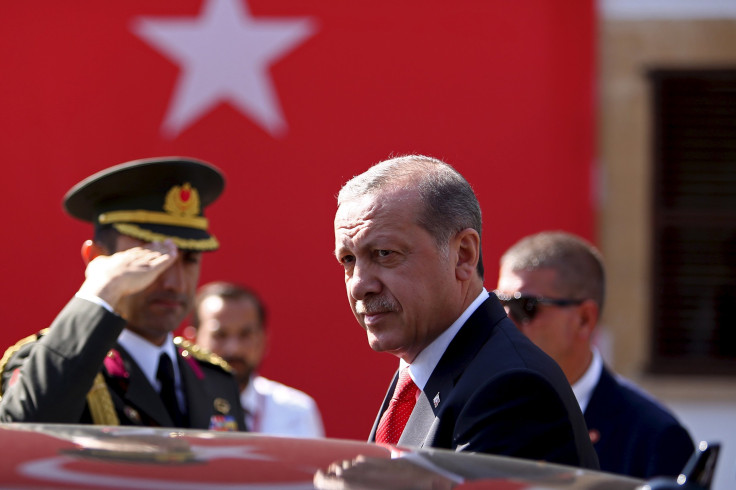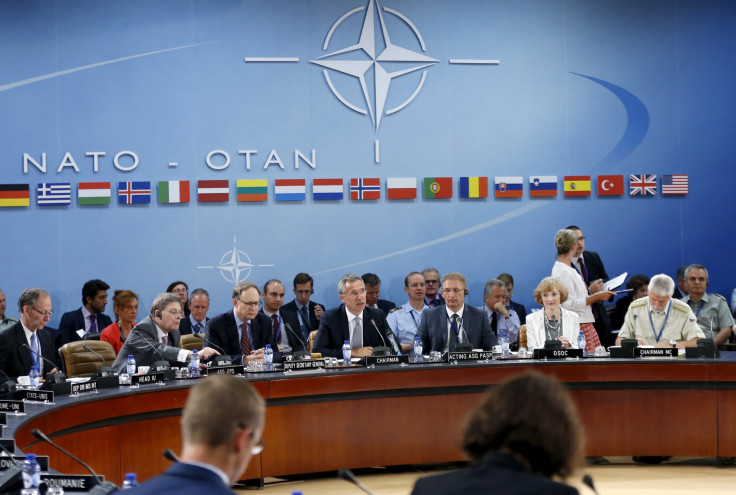Turkey Peace Talks With Kurdish Rebels: Disarming Required Of Kurdistan Workers' Party, Turkish Official Says

Peace talks with the Kurdistan Workers' Party (PKK) and other Kurdish militants could continue if they disarmed, a spokesman for Turkey's ruling Justice and Development Party (AKP) suggested Tuesday just hours after Turkish President Recep Tayyip Erdoğan said any peace process with Kurdish militants would be impossible. Resumption of diplomacy would happen if "terrorist elements" abandon their weapons and leave the country, Besir Atalay said during a news conference, Reuters reported.
Turkey began bombing PKK militants in northern Iraq and Syria July 23 after the murder of several policemen in Ceylanpınar allegedly by the Kurdish separatist group, which halted the peace process between the Turkish government and the organization that began in 2013. The United States and the European Union have both designated the PKK as a terrorist group.
"We cannot say that the peace process is de facto over. There is currently a stagnation in the mechanism, but it would restart where it left off if these intentions emerge," Atalay said Tuesday in Ankara.
Atalay's comments, offering the possibility of resuming the process and reconciliation, stood in sharp contrast to President Erdoğan, who said that the peace process was impossible and called for pro-Kurdish politicians to be stripped of their immunity from prosecution for their association with "terrorist groups," reports the Guardian.
"It is not possible for us to continue the peace process with those who threaten our national unity and brotherhood," Erdoğan said at the Ankara press conference, according to the Guardian.

Both statements came as NATO members met in a special session requested by Turkey to address the crisis in Iraq and Syria surrounding the Islamic State (ISIS). While Turkey began airstrikes on ISIS positions early Friday, the PKK has been fighting with Islamic State militants since the beginning of the conflict. Inside Turkey, animosity between the PKK and the Turkish government runs high. The PKK, which has engaged in an armed insurgency since 1984, seeks self-determination for the Kurdish minority in southern Turkey. Turkey has responded over the years with frequent ground incursions and airstrikes in the region, which borders Iraq.
While NATO leaders have been uneasy supporting attacks on the PKK, seeing the Islamic State as a more pressing and necessary threat, Turkey has framed its attacks on both sides of the Kurdish-Islamic State conflict as fighting all forms of terrorism.
"No steps back will be taken in our fight against terrorism," said Erdoĝan, according to the Guardian. "This is a process and it will continue with the same determination."
© Copyright IBTimes 2025. All rights reserved.






















